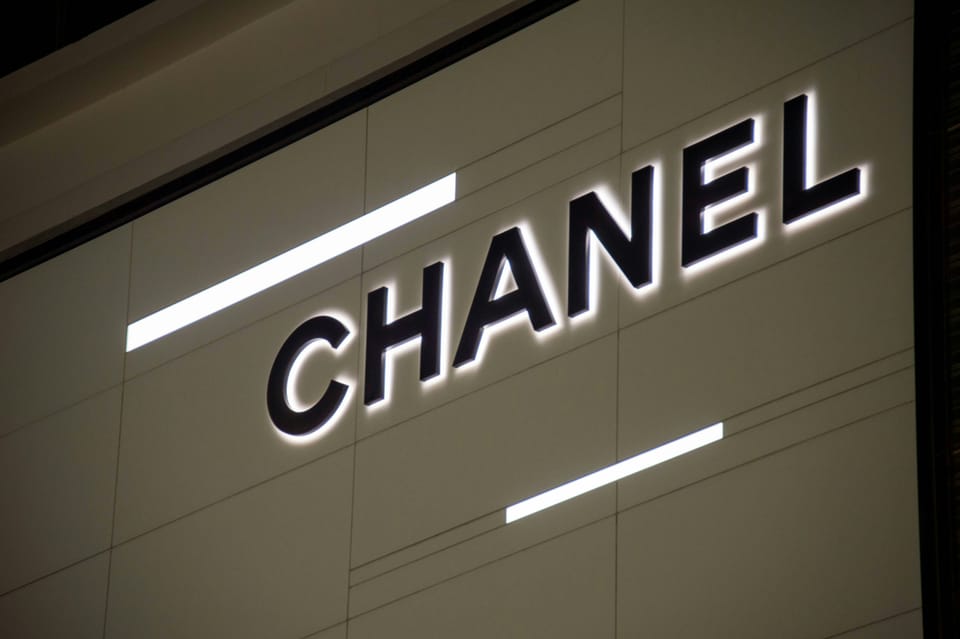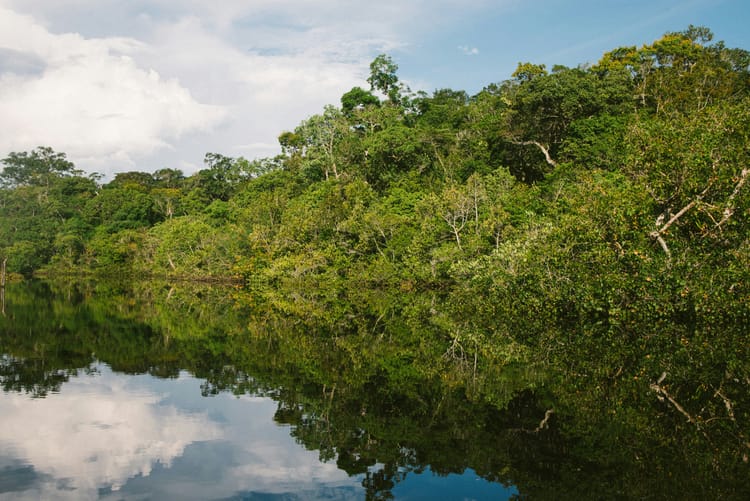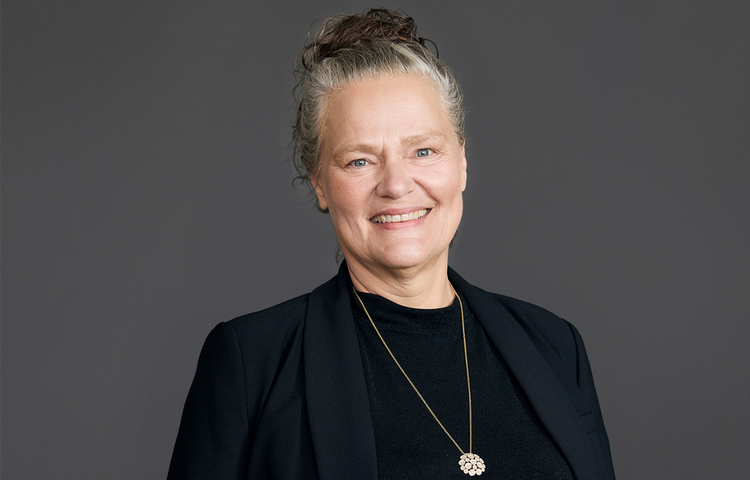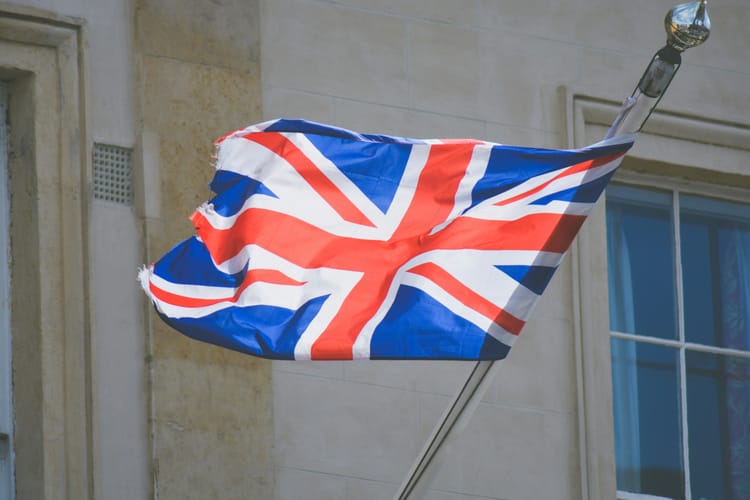Chanel branches out into materials recycling
Nevold is already working on two solutions that have been “years in the making”.

Chanel has launched a subsidiary dedicated to recycling fashion materials at scale and commercialising the resulting products, called Nevold.
Nevold – short for ‘never old’, is described as “an independent entity dedicated to the circularity challenges of the main natural textile and leather materials [that] brings together an ecosystem of start-ups and companies offering operational solutions in this field”.







